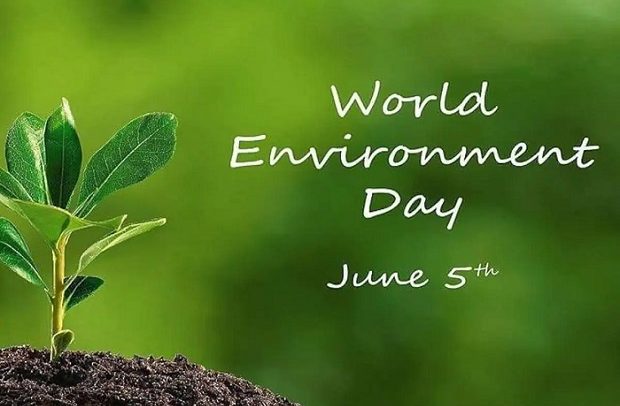The past few decades have witnessed the most outrageous destruction of the environment by man.
Many more fauna and flora species have either already joined the catalogue of the extinct or on the verge of doing so. The phenomenon is having telling effects on the health of Mother Earth some of which are obvious even as others are yet to be determined.
Yesterday was ‘World Environment Day’ the day set aside by the United Nations (UN) for the creation of the necessary awareness about the importance of ensuring the good health of the environment.
Established in 1972 in the Swedish capital of Stockholm, the celebration of the day started a couple of years afterwards. It is important to find out whether the objective of the celebration of the day has impacted positively on mankind’s relationship with Mother Earth.
Of course not much has been achieved especially in our part of the world as it is with the rest in the other hemisphere. In Ghana like other parts of the sub-region little or nothing is known by most citizens about how vulnerable the environment is and how individually and collectively we can change the dwindling health of the environment.
Knowledge about how our poor management of the environment is the cause of floods, unpredictable and poor rainfall patterns and food insecurity is low or non-existent.
‘Celebrate Biodiversity’ this year’s theme for us resonates more in Ghana than other parts of the world. The rate we hunt wildlife and fell trees is worrying especially since those behind such activities do not appreciate the importance of their occupations.
Education under such circumstances is critical. We think therefore that organising opinion leaders, chiefs and clerics of all faiths for a frontal attack on reversing the state of the lack of knowledge about how the environment is bleeding because of our unbridled activities is critical.
The interconnectivity between life forms in the environment is constantly threatened by man much to the disadvantage of our existence.
The trees which protect our water bodies are under constant threat of felling for commercial activities the fallouts being the absence of the vegetation cover necessary to regulate the evaporation of water, the source of life.
The shortage of water would in turn threaten wildlife whose provision of manure for vegetation is a reality which we ignore at our peril.
Our forest cover is reducing at a frightening rate and with that the increase in carbon dioxide since there is a shortage of trees to extract oxygen from this gas.
Very soon our rosewood trees would be gone because greed is driving us to allow foreigners to buy them.
Ghana as part of a global village is suffering its share of the COVID-19 pandemic evidence that the world is interconnected environmentally.
The disease could have originated from our reckless and unbridled handling of wildlife in some cases for food another pointer at our poor relationship with the environment.
Wuhan Province in China the origination of the disease is thousand of kilometers from Ghana and other parts of the world. Today the disease is a pandemic reaching all parts of the world.
Global warming and the resultant floods, food insecurity, pandemics are indicative of nature’s anger with mankind because of his poor relationship with behemoths like elephants and the smallest of microbes and viruses at the bottom of the sea some of them accounting for the production of an appreciable level of the oxygen we breathe.
Biodiversity is being threatened at an unprecedented level a reversal of which phenomenon requires a paradigm shift in policy formulation and sincerely so.


